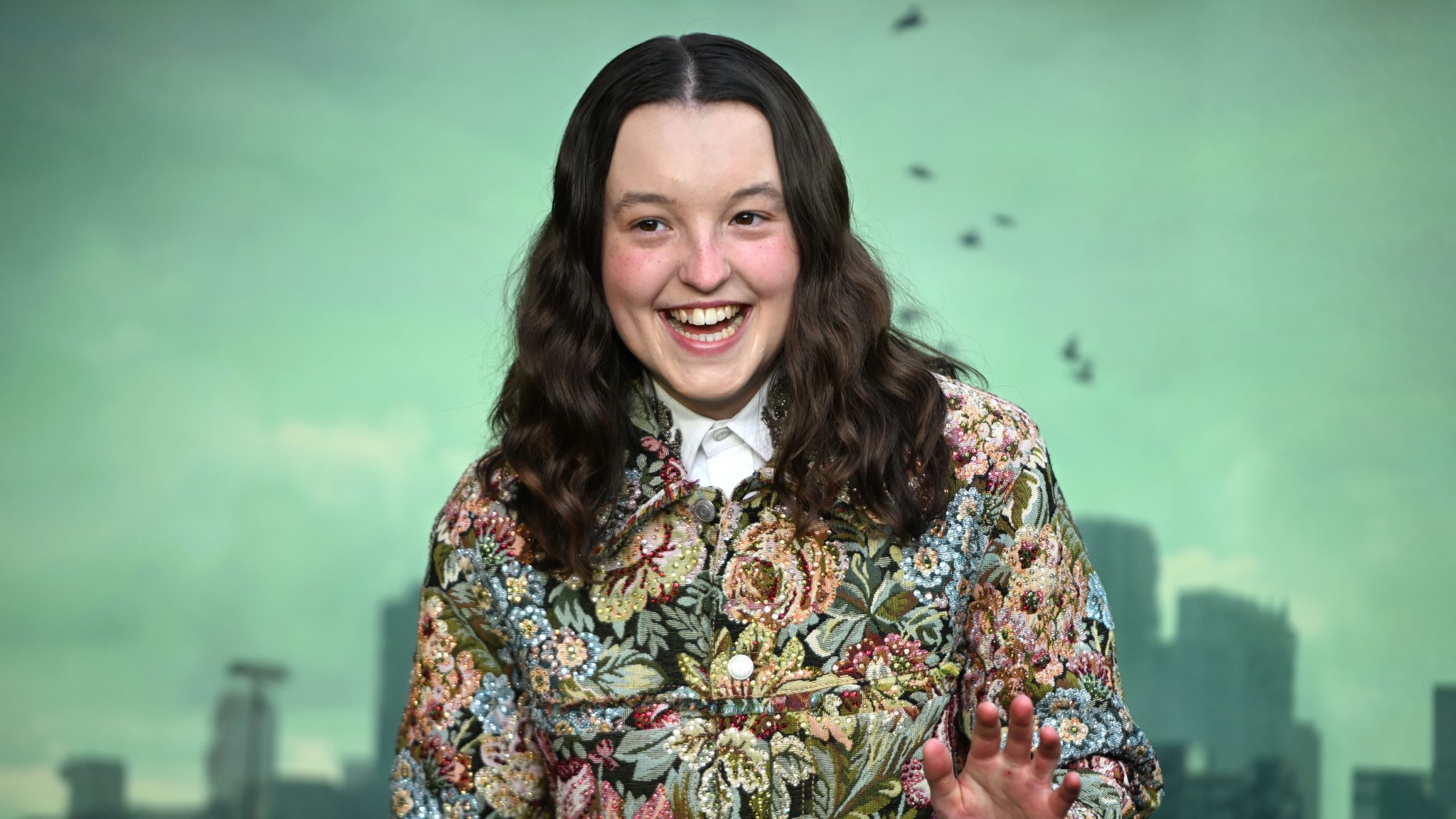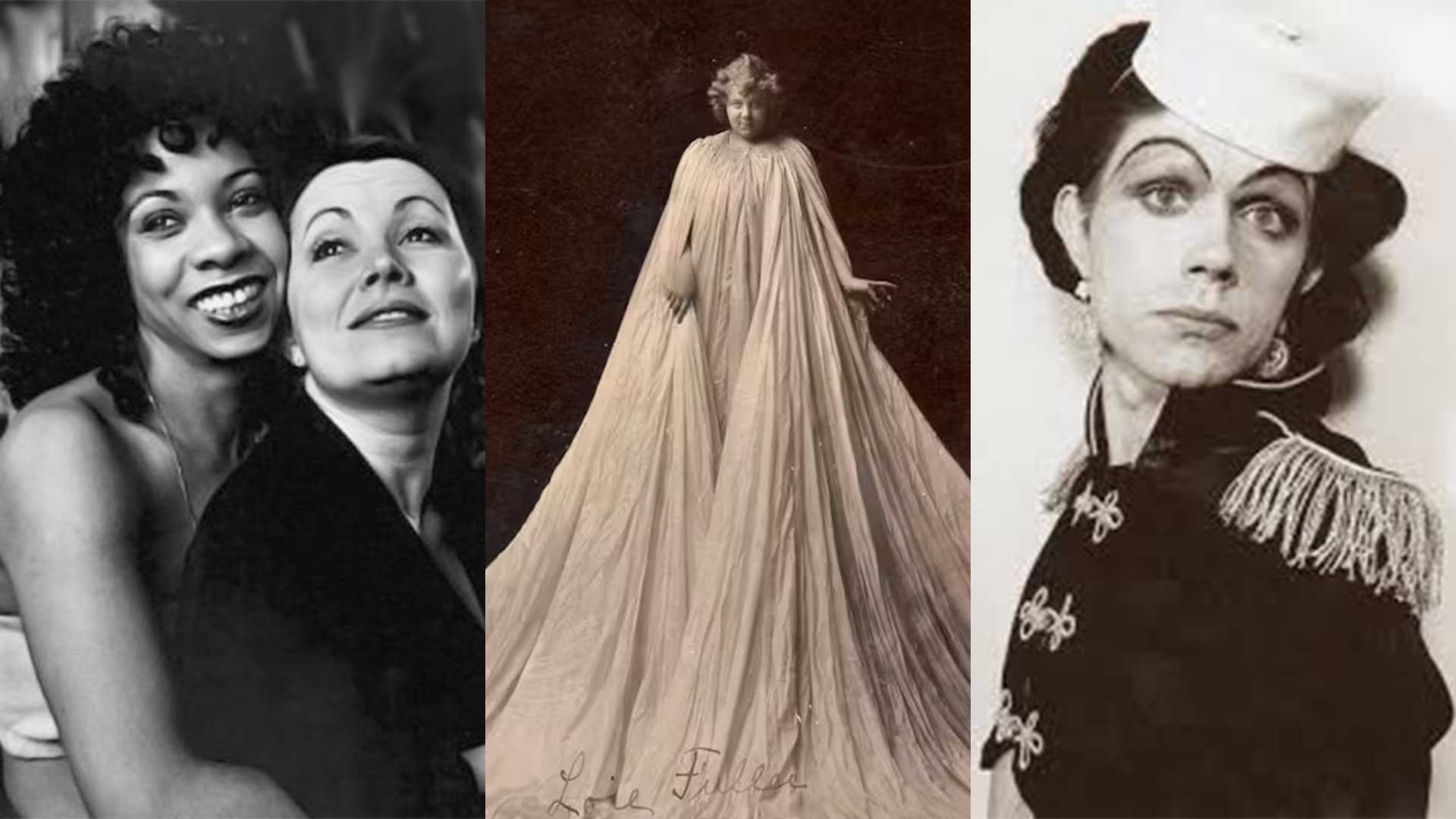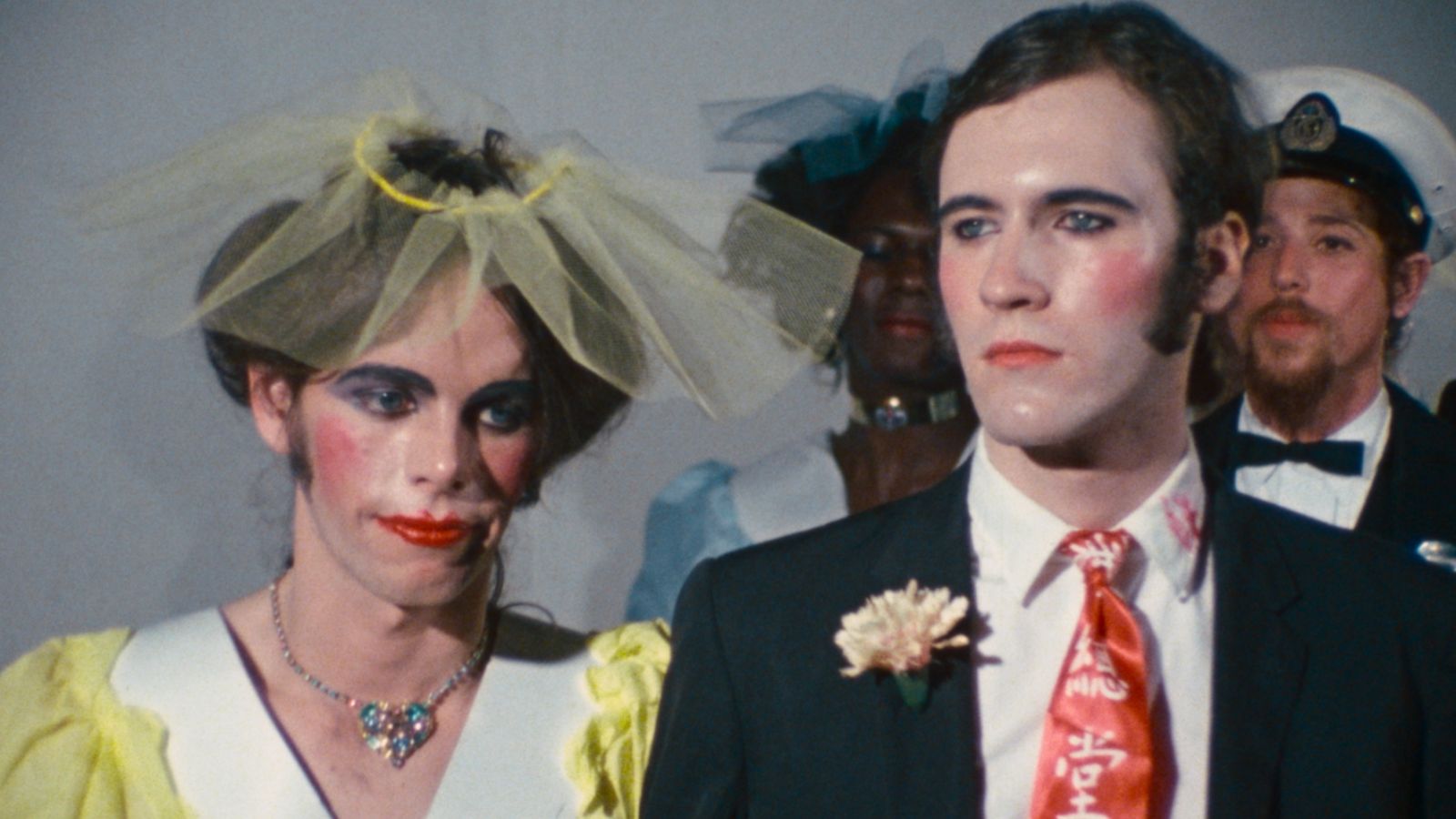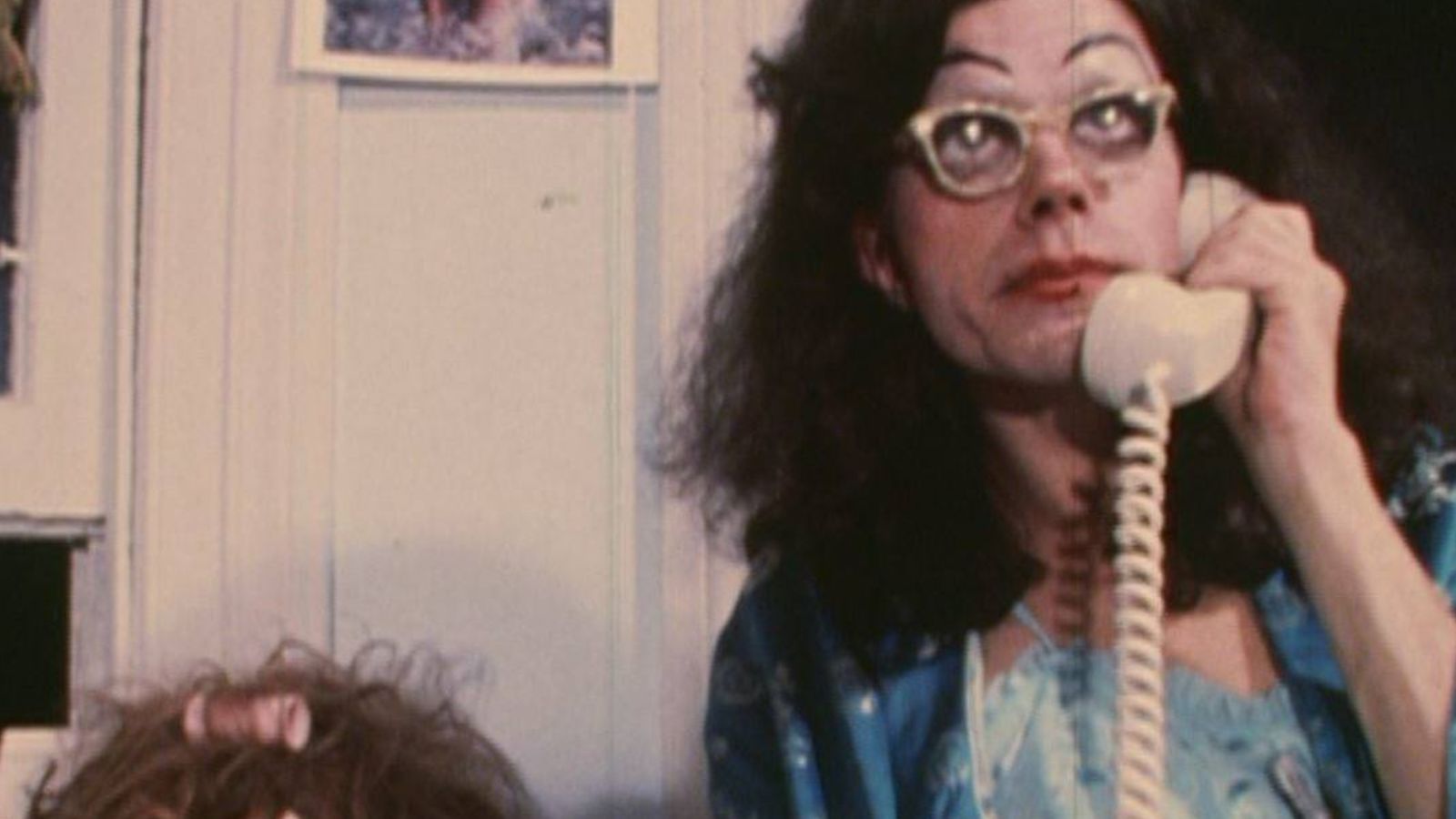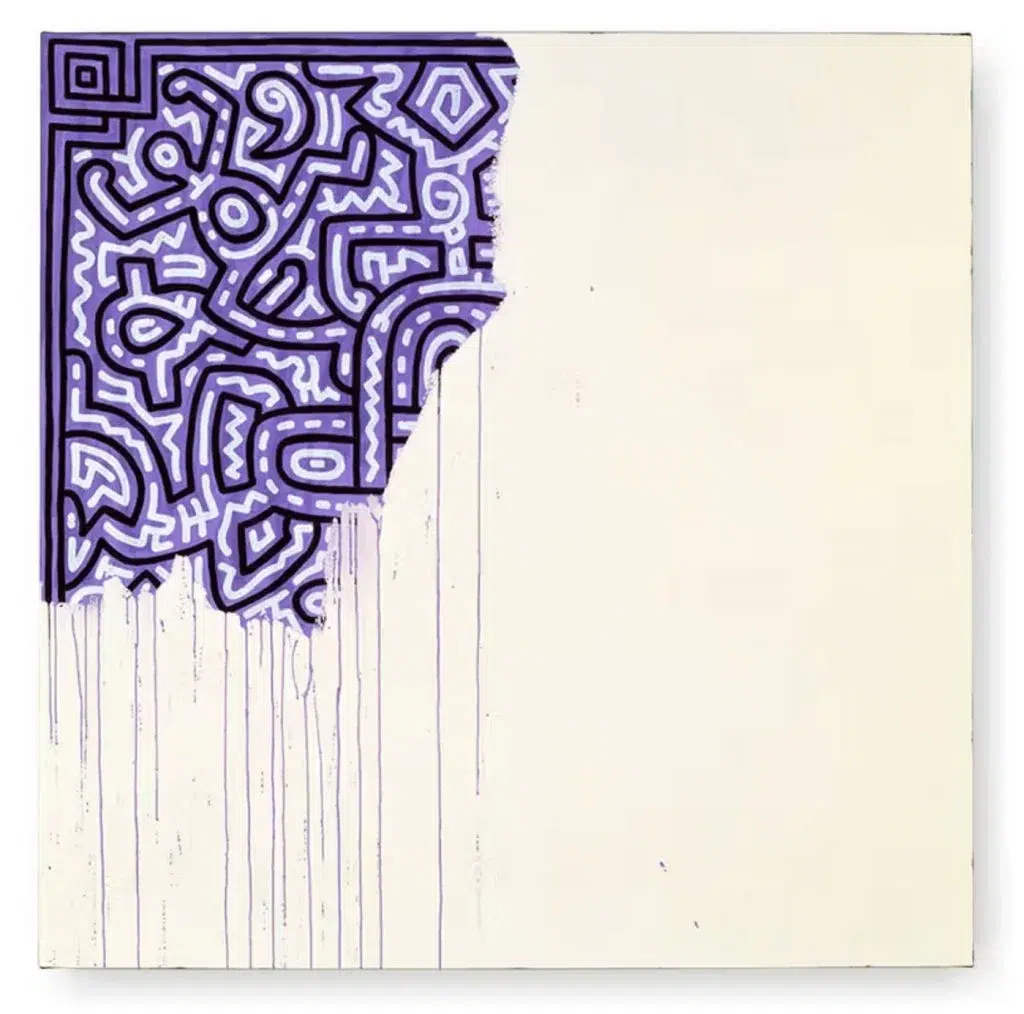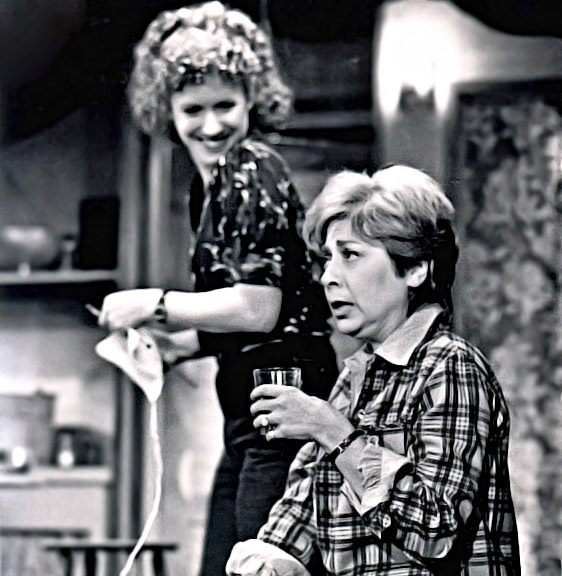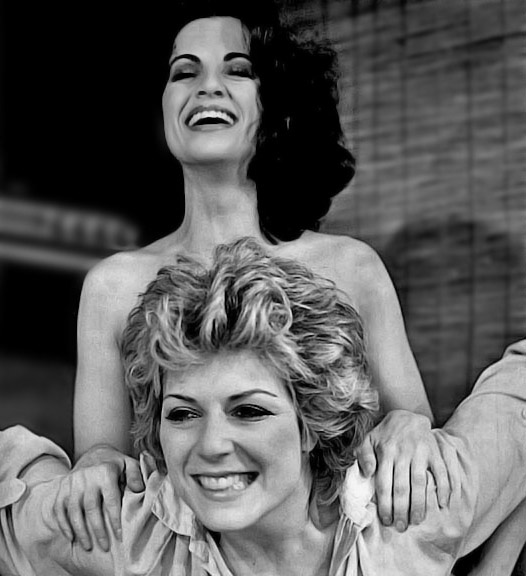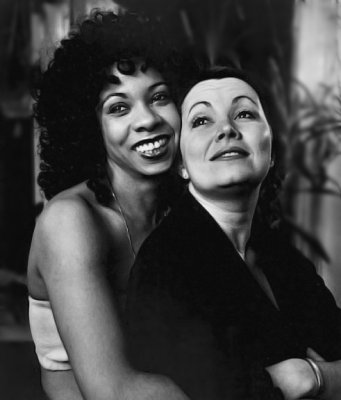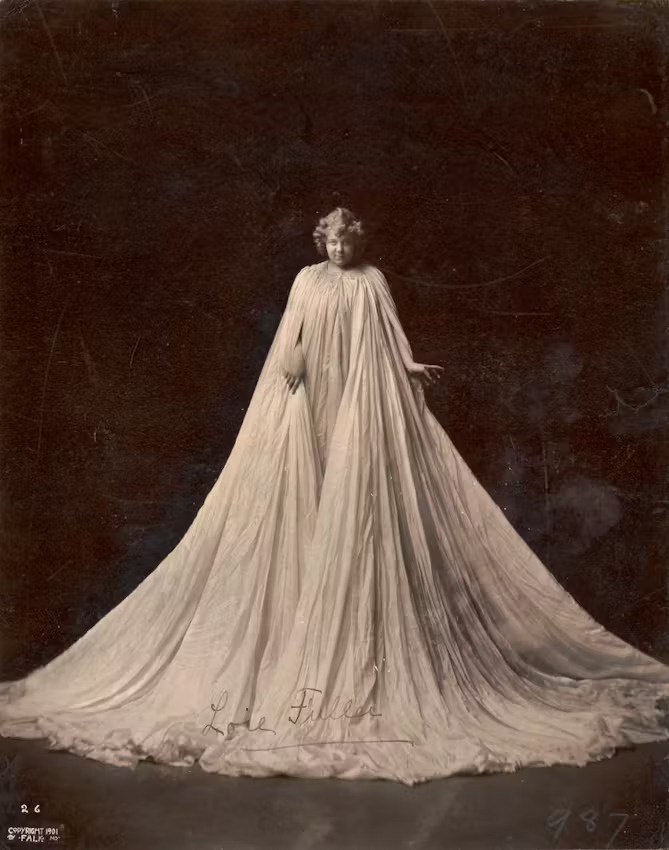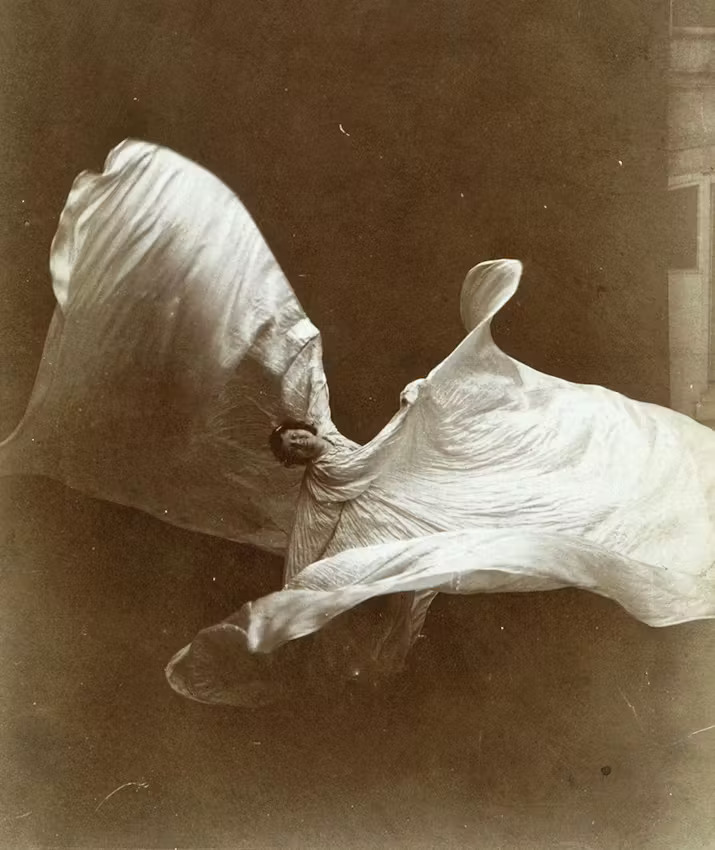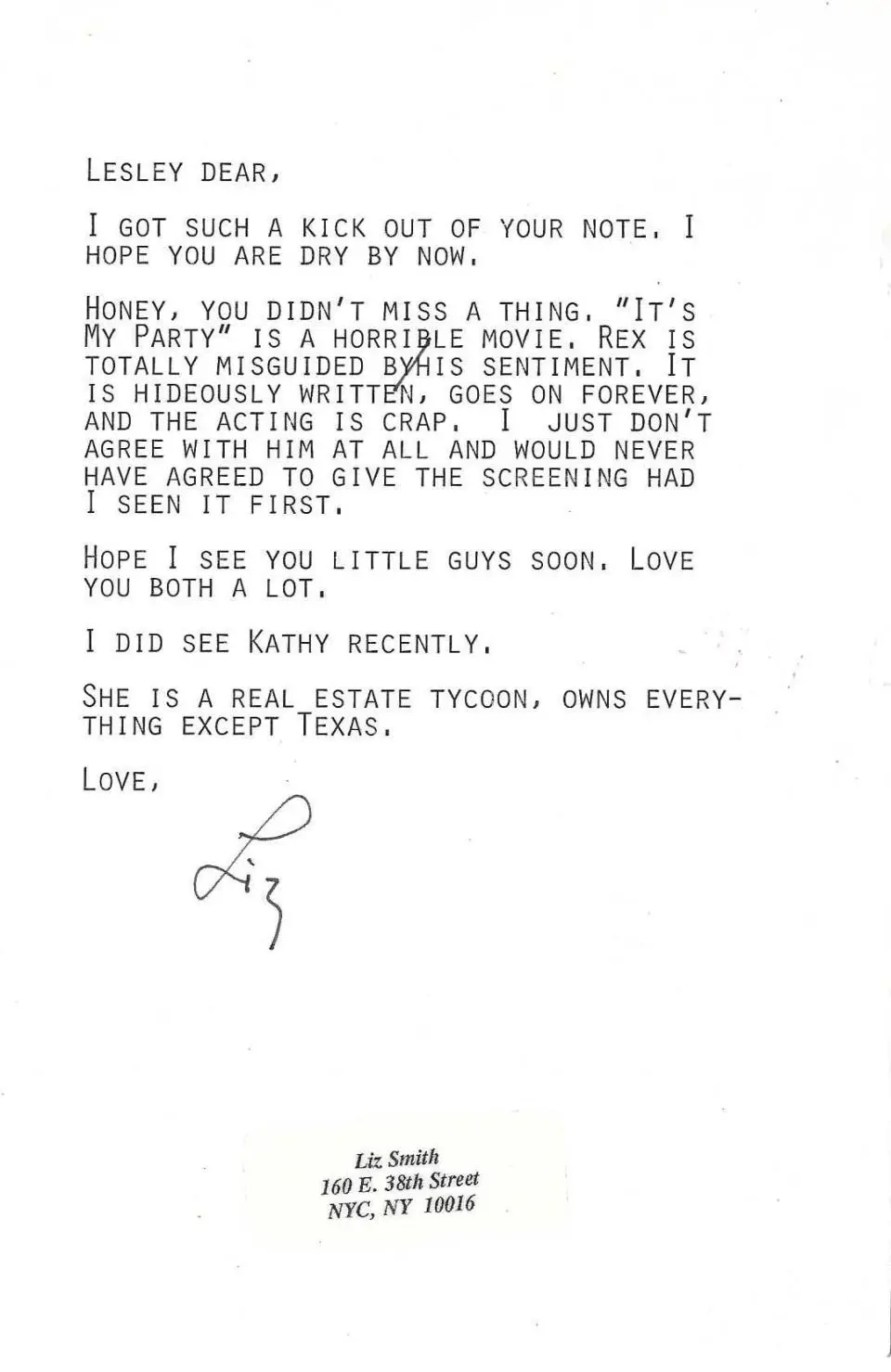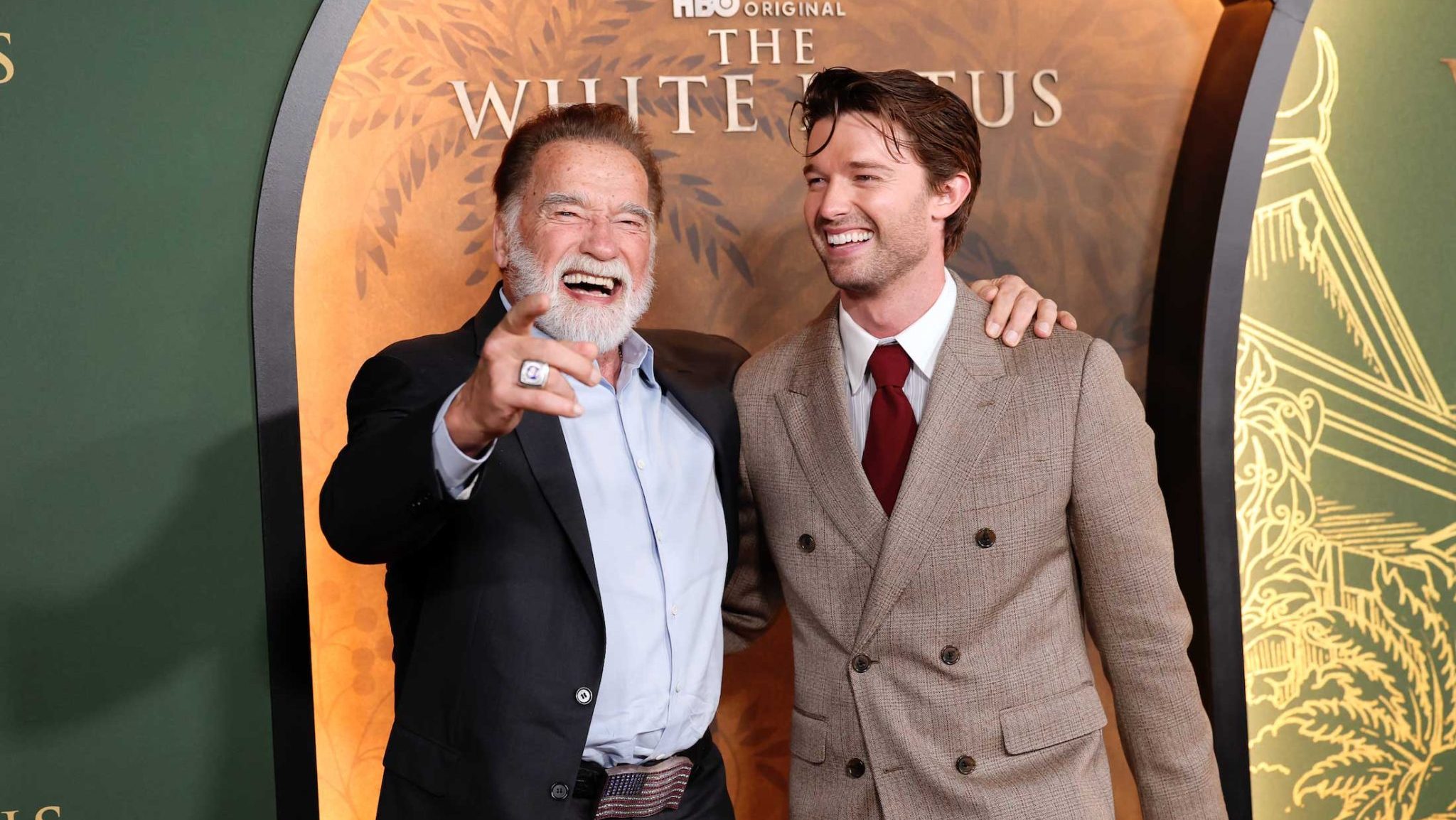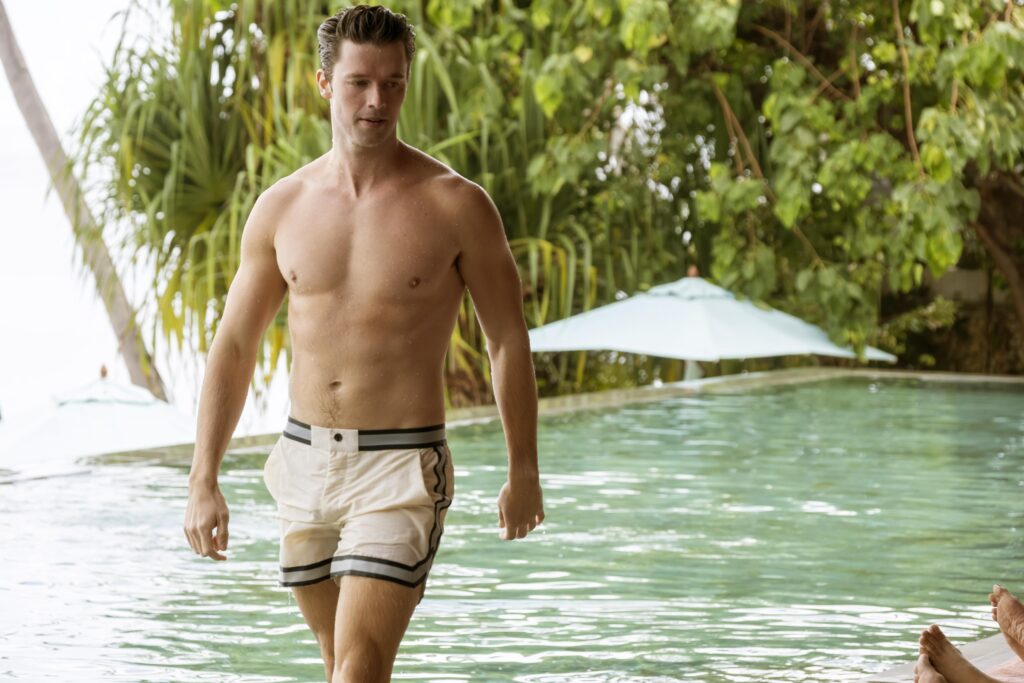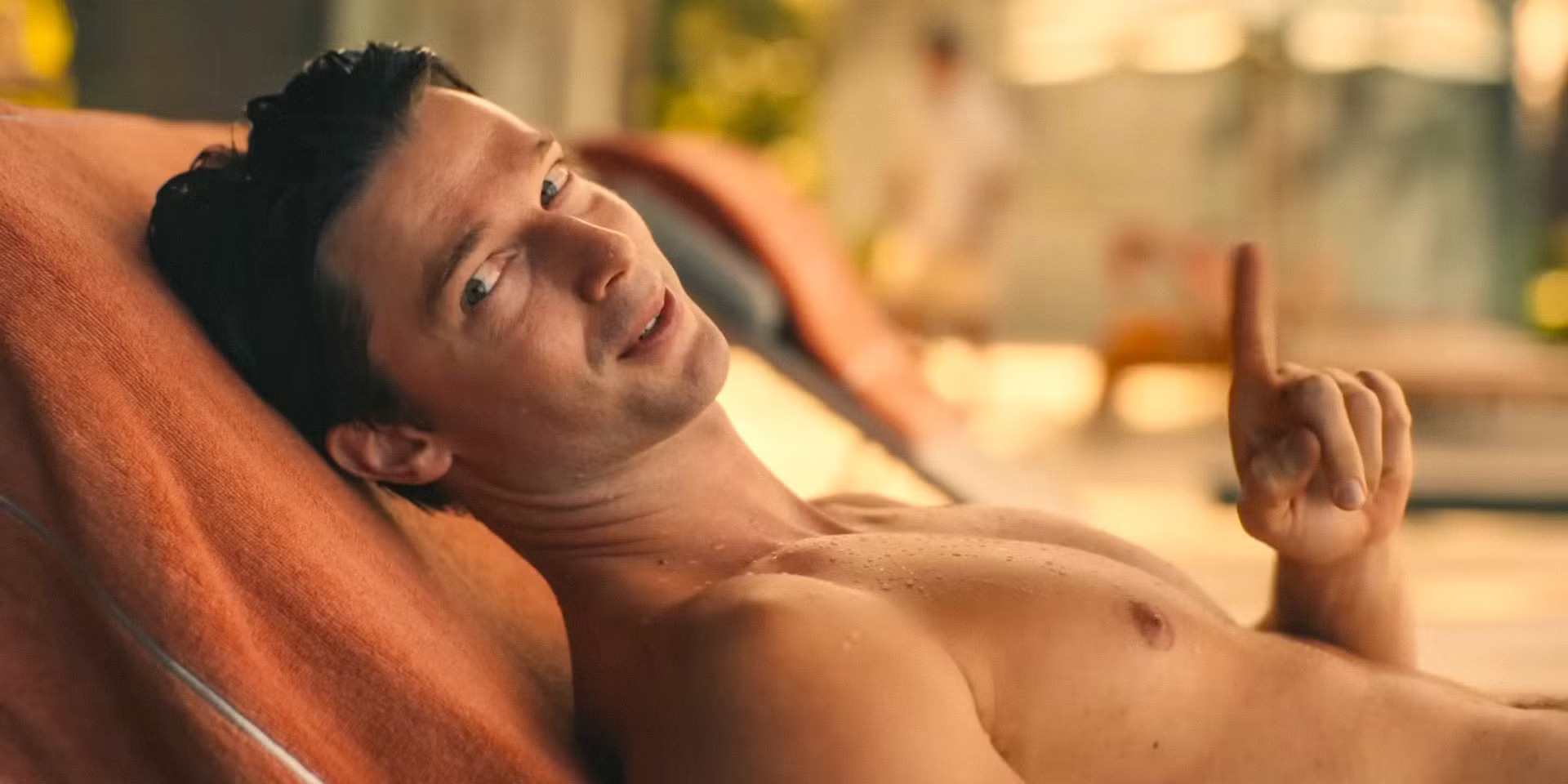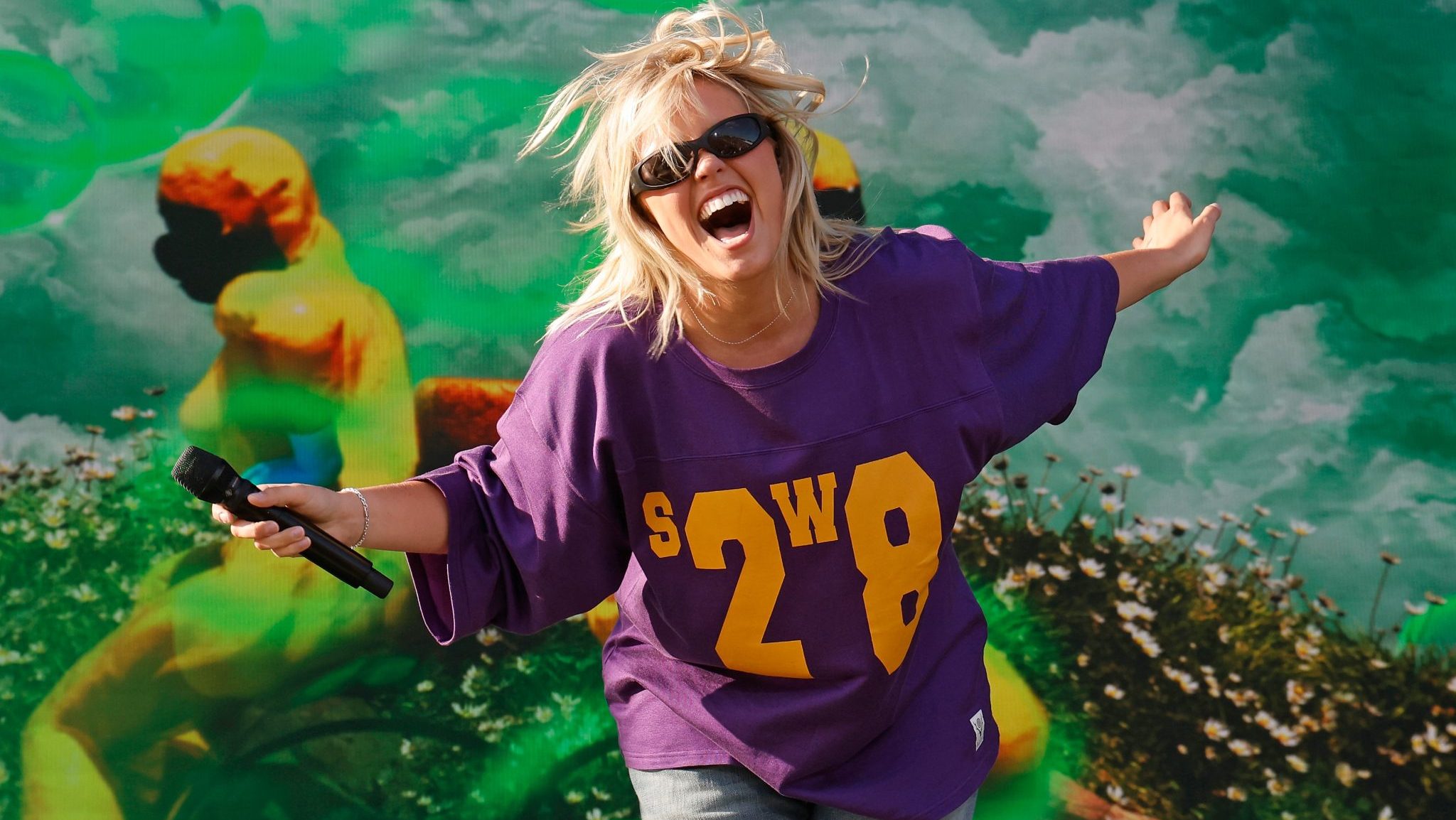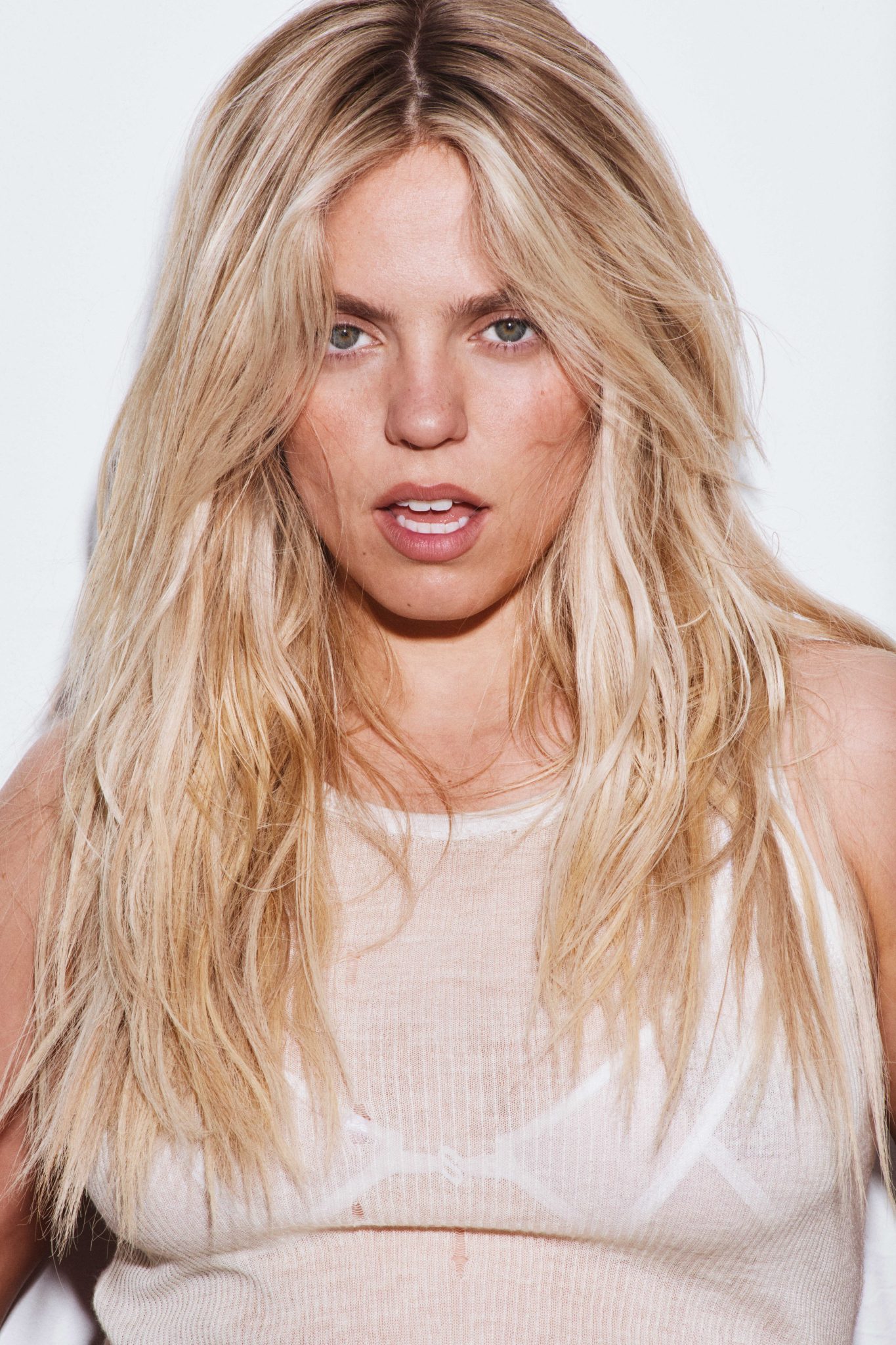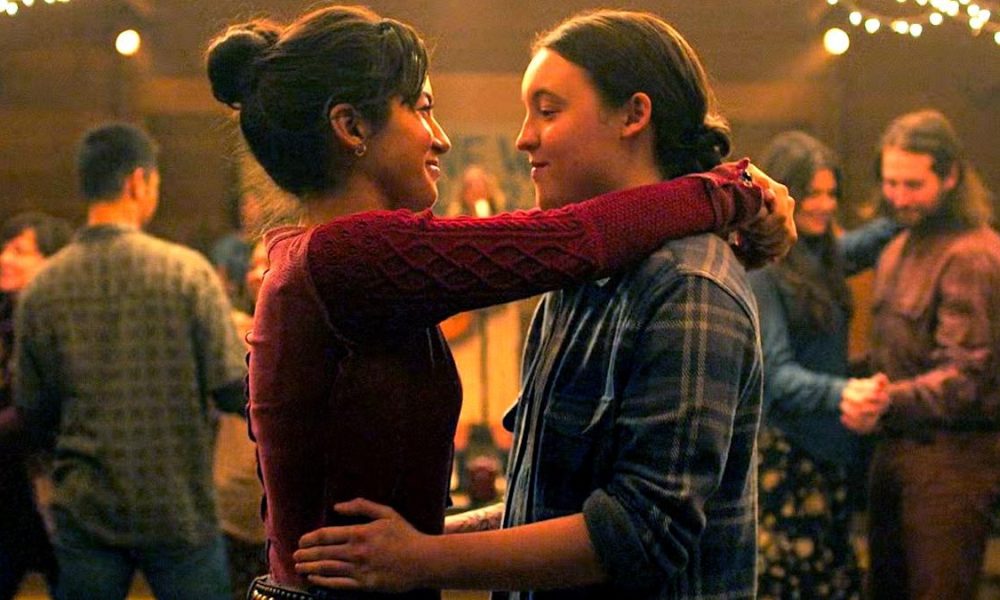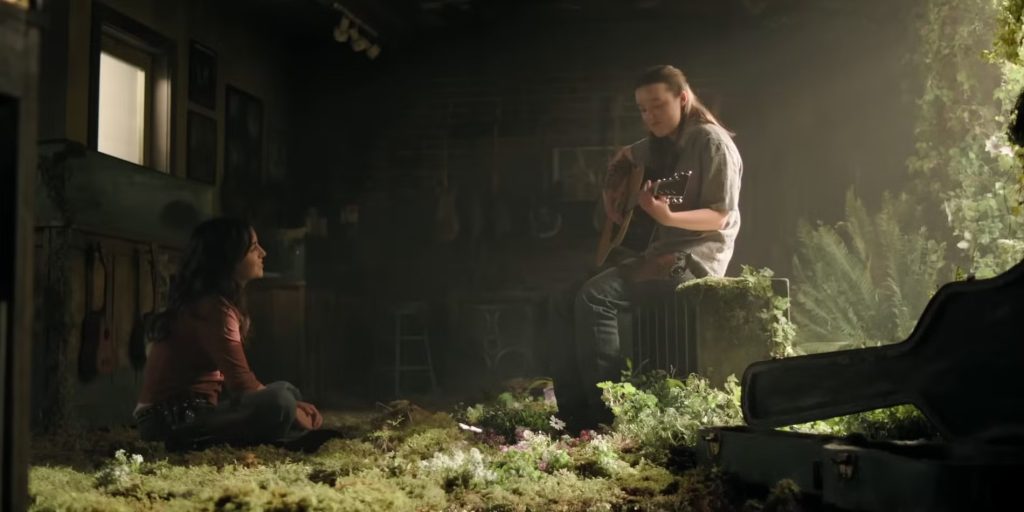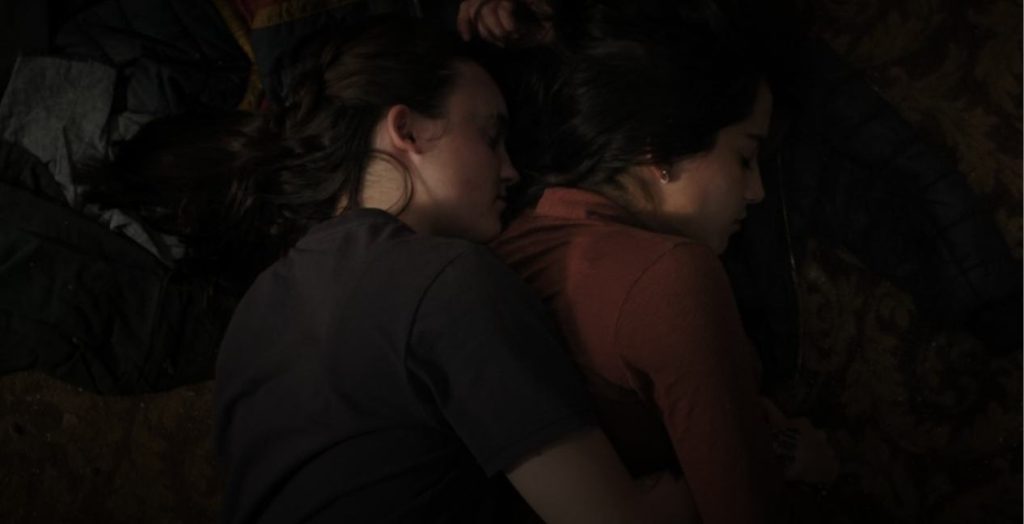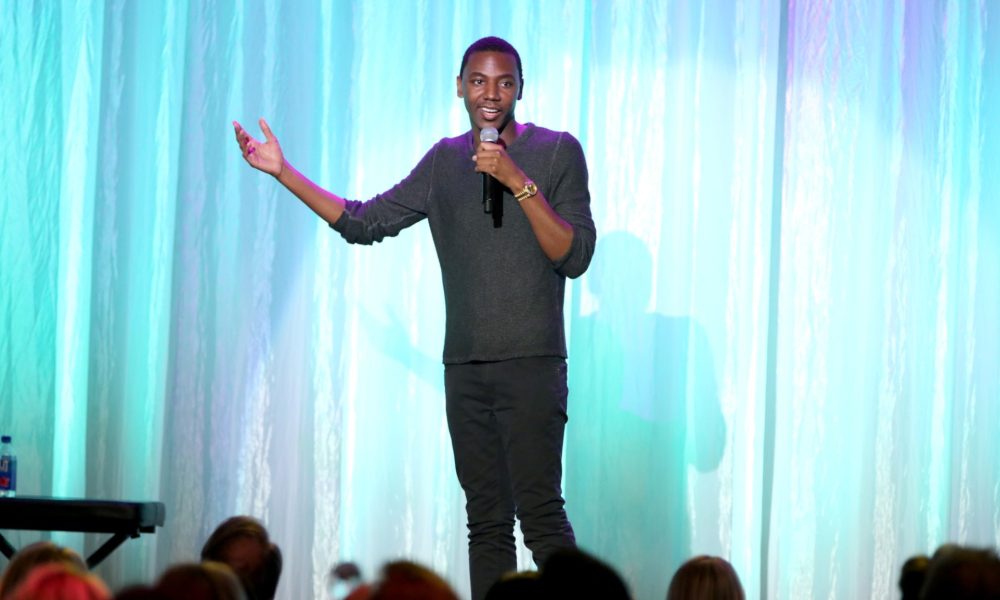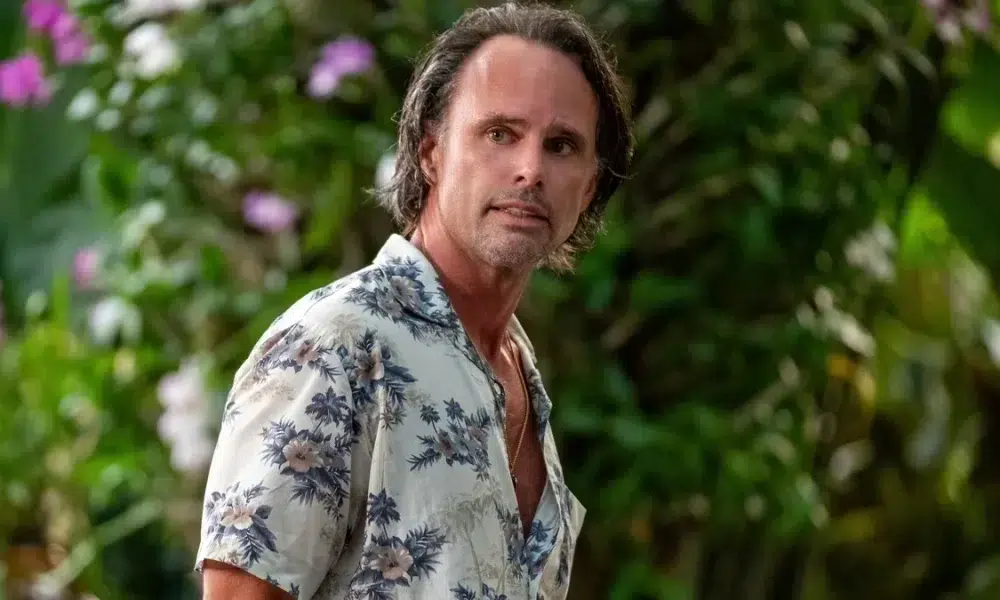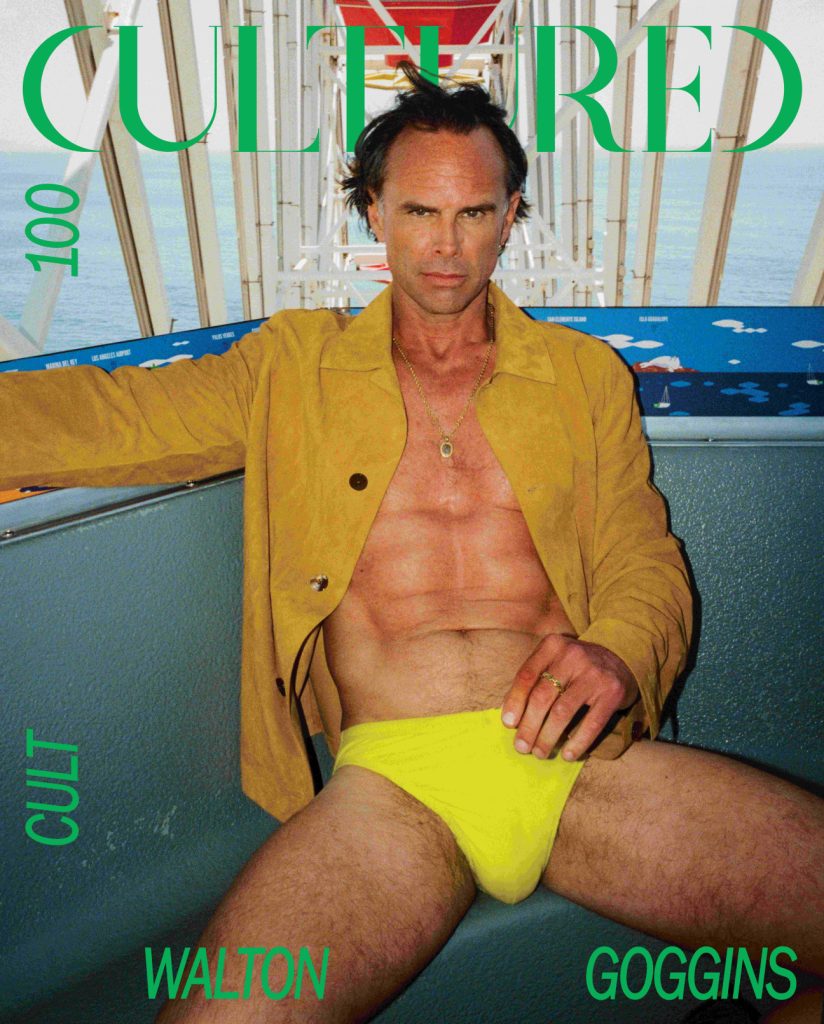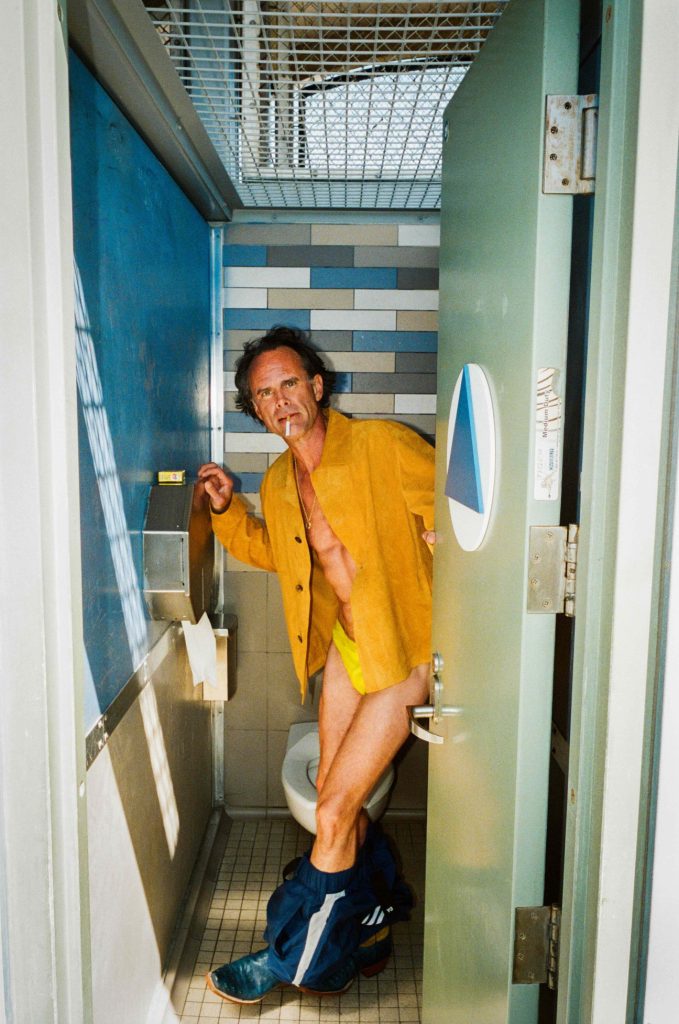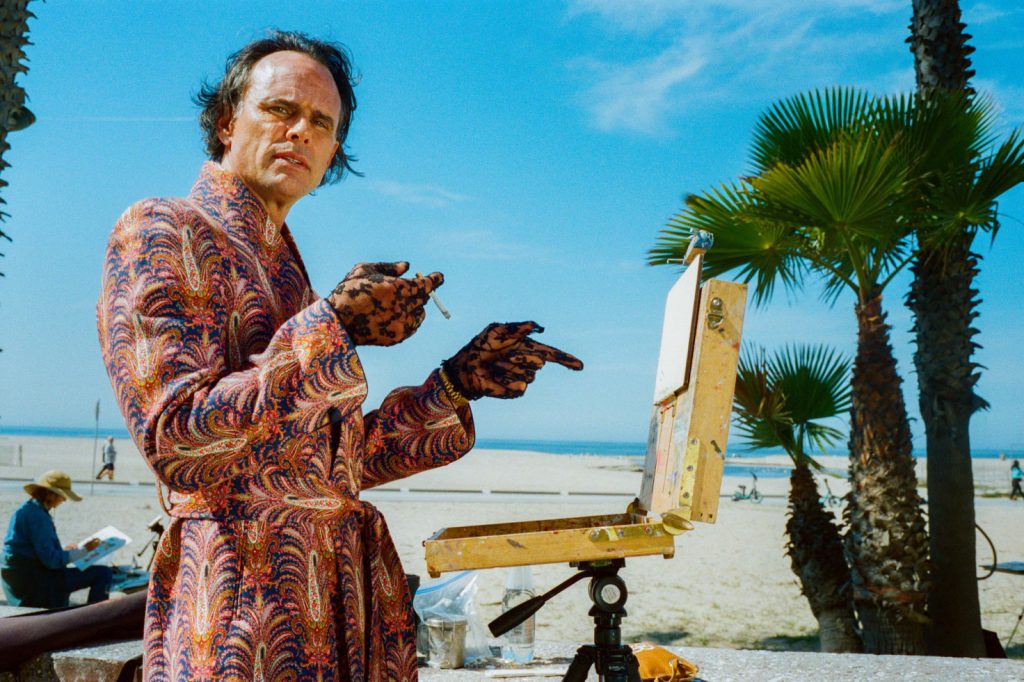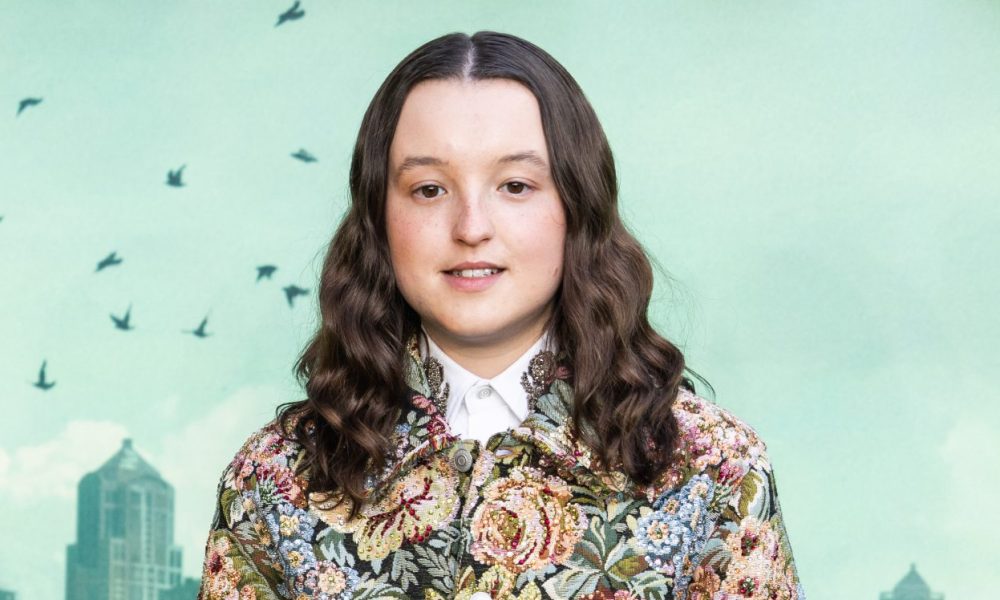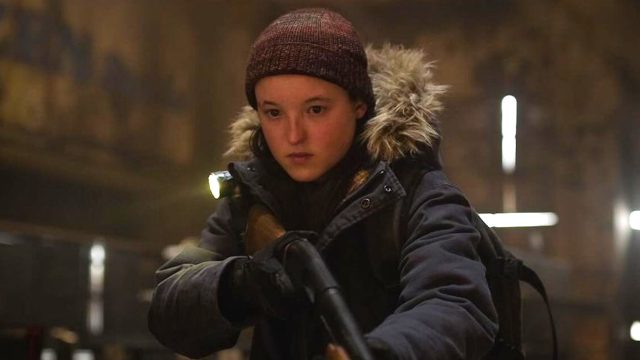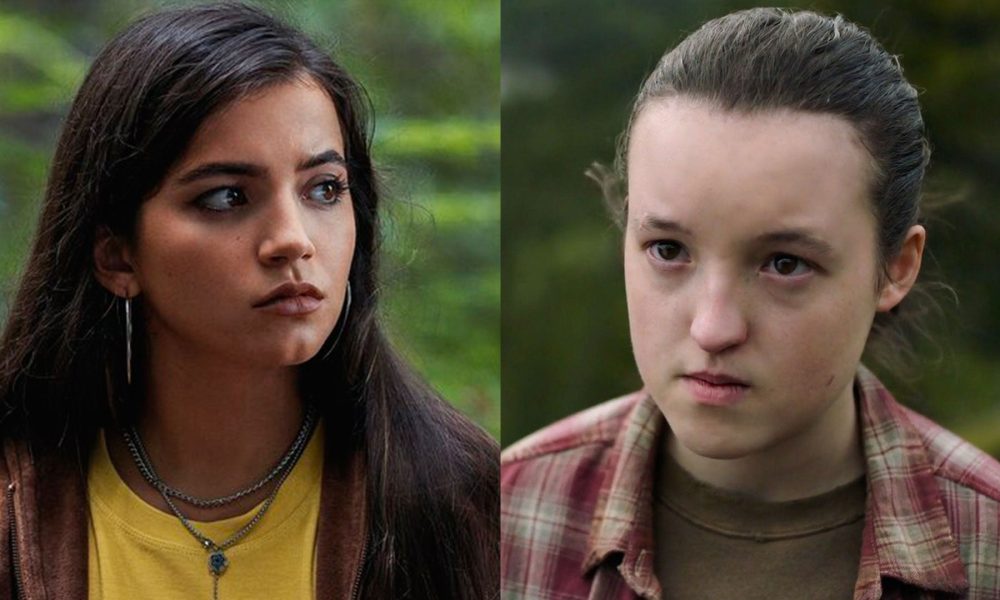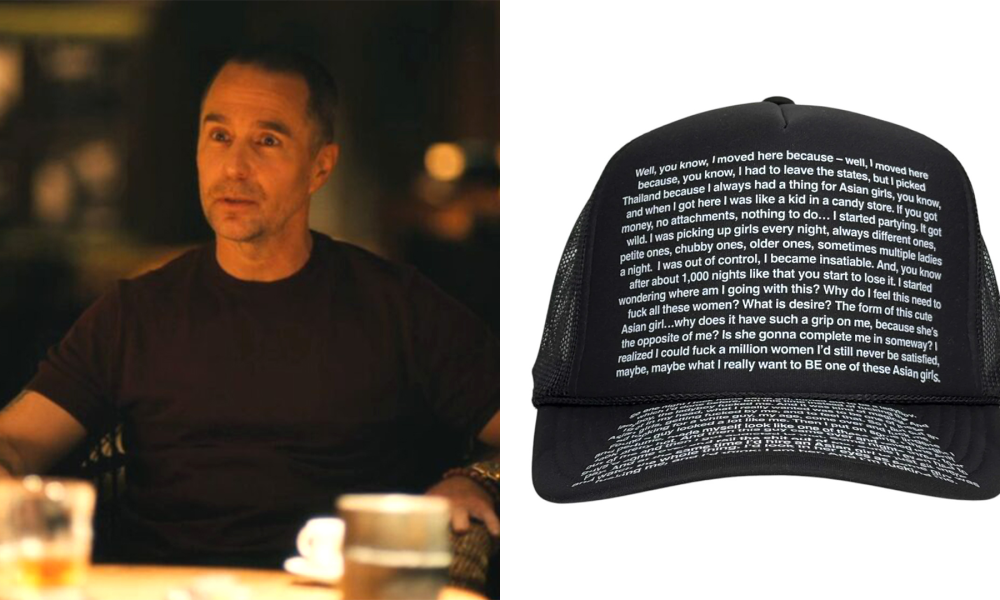Bella Ramsey continues to break boundaries in Hollywood. The 20-year-old star of HBO’s The Last of Us received their second Primetime Emmy nomination on Tuesday morning, making history as the first openly nonbinary performer to earn more than one nomination from the Television Academy.
Ramsey is nominated in the Outstanding Lead Actress in a Drama Series category for their performance as Ellie in the hit series’ second season. They were previously nominated in the same category at the 75th Emmy Awards in 2023 for their work in Season 1 of the postapocalyptic drama.
Ramsey’s back-to-back recognition signals a powerful moment for visibility and representation in an industry that has long struggled to make room for gender-diverse performers. While the Television Academy continues to separate acting categories by gender, Ramsey’s consistent presence among nominees underscores the need for broader inclusion in award show structures.
HBO’s The Last of Us earned 16 nominations this year, bringing the series’ total to 40 across its two seasons. The critically acclaimed show took home eight awards at the 2024 ceremony and remains one of the most lauded video game adaptations in television history.
Based on the bestselling PlayStation game developed by Naughty Dog, The Last of Us is set two decades after a deadly fungal outbreak collapses modern society. Ramsey stars as Ellie, a teenage girl believed to hold the key to humanity’s survival. Pedro Pascal co-stars as Joel, a smuggler tasked with escorting Ellie across a devastated United States. Over time, their bond deepens, transforming their mission into a deeply emotional and often harrowing journey of survival.
Season 2 of the series picks up five years after the events of the first season. Joel and Ellie now find themselves in an even more dangerous world, grappling with new enemies, evolving threats, and emotional rifts that challenge the strength of their relationship.
Ramsey’s nomination highlights not only their compelling performance but also the continued conversations around how award shows categorize talent. Though Ramsey identifies as nonbinary and uses they and them pronouns, the Emmy categories remain gendered, forcing performers like them to choose between submitting under “actor” or “actress.”
In 2023, Yellowjackets star Liv Hewson, who is also nonbinary, declined to submit for Emmy consideration, citing the lack of gender-inclusive categories. At the time, they shared that their decision was rooted in the desire for industry change. “There’s not a place for me in the acting categories,” Hewson told Variety.
Despite the challenges, Ramsey has spoken openly about their views on the current awards system. In a previous interview, they acknowledged the need for more inclusive recognition but also emphasized the importance of maintaining a platform to honor women’s achievements in entertainment. “I don’t want the recognition for women in the industry to be lost,” Ramsey said.
Their comments reflect the nuance and complexity of an evolving conversation in Hollywood, where visibility and recognition often intersect with institutional inertia. While some award shows and festivals have begun exploring or implementing gender-neutral categories, the major awards including the Emmys have yet to take that step.
Still, Ramsey’s nomination represents a crucial step forward, especially in a landscape where gender nonconforming and transgender performers remain significantly underrepresented. Their performance in The Last of Us has drawn praise for its emotional depth, vulnerability, and resilience, all qualities that have made Ellie an iconic character in both gaming and television.
As the Emmy conversation continues, Ramsey’s historic nomination adds to the growing momentum of LGBTQ+ visibility in mainstream media. It also serves as a powerful reminder that diverse stories and the people who tell them deserve to be seen, celebrated, and remembered.
The 77th Primetime Emmy Awards will air this fall.
